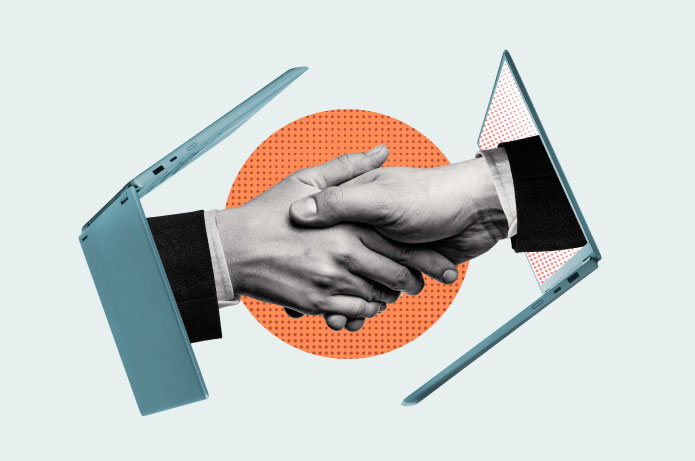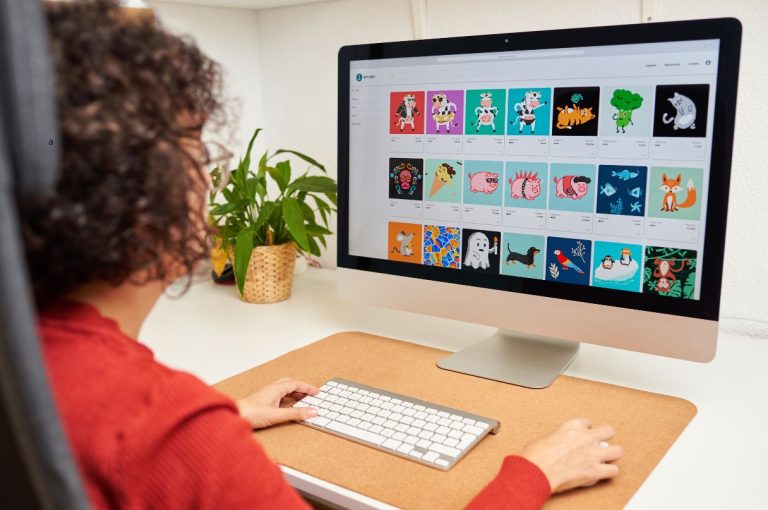WhatsApp is no longer an exclusive channel for personal communication, becoming one of the most used platforms in the market to approach and improve communication with its customers. Surfing the wave of this popularity, the incorporation of Generative AI in this messaging system has already proven to be something highly capable of increasing the effectiveness of this relationship through more personalized and enriched content 'provided that your process is properly structured and designed to bring this greater return on investment made.
Meta imposes strict guidelines for the business use of WhatsApp, which raises the challenge of maintaining assertive and relevant communication. Excessive or out-of-profile messaging can result in penalties. In this scenario, Generative AI stands out as a strategic ally, offering scalability and customization by adapting the language of campaigns intelligently. Estimates indicate that chatbots based on this technology can generate incremental revenue of US$ 16.6 billion in 2025, and may exceed US$ 45 billion by 2030.
By intelligently personalizing messages and avoiding generic approaches, Generative AI contributes to more relevant communication that respects the personal space of the user. This reduces rejections, increases engagement and improves the quality of the data collected, strengthening the brand reputation on the channel.
The level of complexity for implementation varies by company size and structure.Small businesses may face technical and operational barriers, while large companies have greater potential for scale, but need to integrate AI into an omnichannel strategy that ensures fluidity in the customer journey, regardless of channel.
There are no restrictions on its use regarding the size or segment of the business. However, there are three key factors that need to be weighed in order to confirm whether this choice is, in fact, valid and beneficial to be invested: the volume of interactions, if it has a significant amount that justifies the investment in this automation; the structuring of corporate data, supported by measurement tools such as CRMs that bring these reliable assets and in real time; and a better understanding of the journey of your customer, understanding where Generative AI can improve this experience and other aspects such as support, prospecting or customer retention.
Generative AI is not a plug-and-play solution. Its effectiveness depends on a well-defined planning, with mapping of personas and deep understanding of key moments of the journey. Setting the tone of voice of the brand and applying it in WhatsApp is also essential to maintain a consistent identity at all points of contact.
Set the tone of voice of your brand and insert these elements within WhatsApp, reinforcing the identity of your business in all communication made. And, so that there is an assertive integration of Generative AI in this channel, having the support of a specialized partner will increase the security and performance of the use of this technology in the relationship between the parties.
Artificial intelligence is alive and the more it is interacted with, the greater its continuous learning. Therefore, it must be constantly monitored, being refined based on the identified opportunities and adjusted based on the real data collected through measurement tools such as CRMs and ERPs.
Finally, the success of Generative AI in WhatsApp depends not only on the connection between systems, but on strategic continuity. Investing, with the support of experts, in an approach with intelligent fallback (activating alternative channels when the message is not delivered & offering human service whenever necessary, is what ensures that the customer receives the right message, in the right channel, at the right time.











